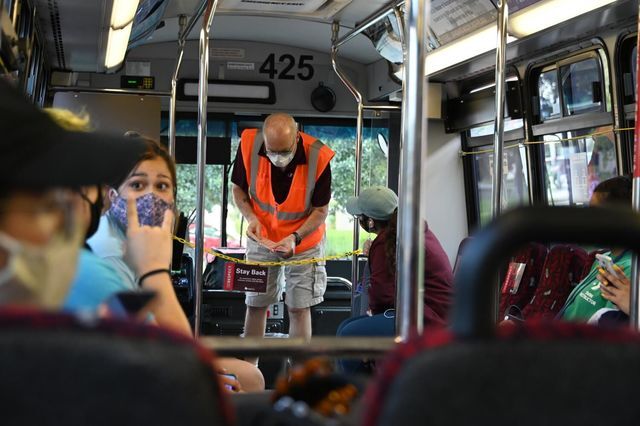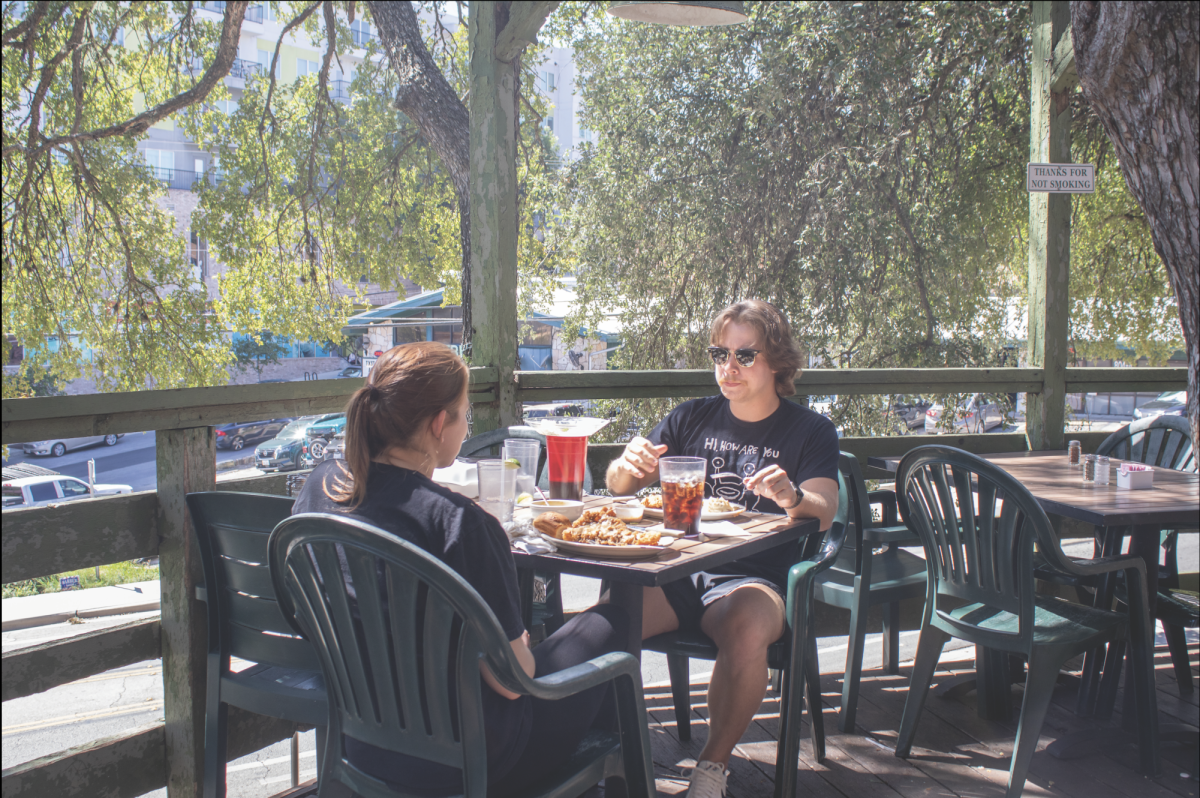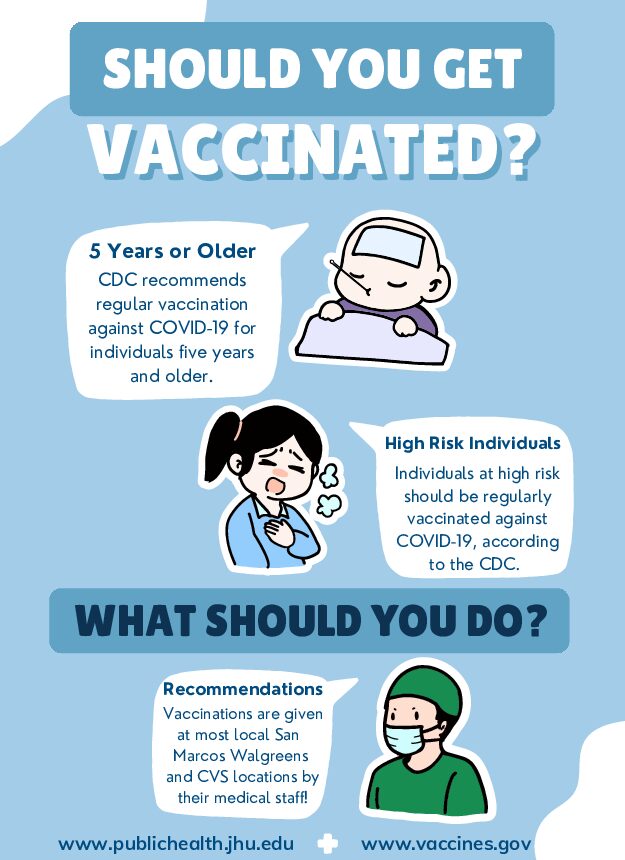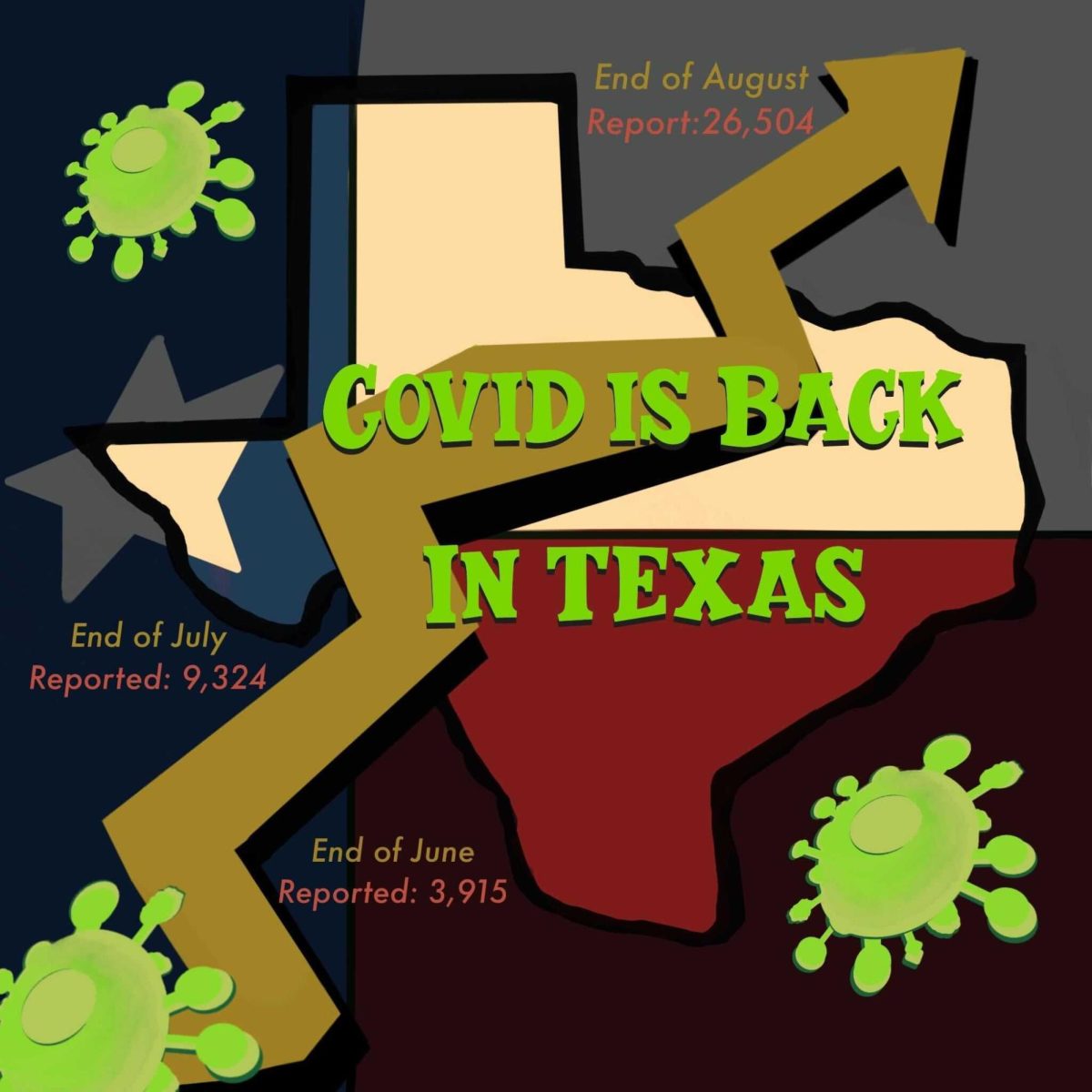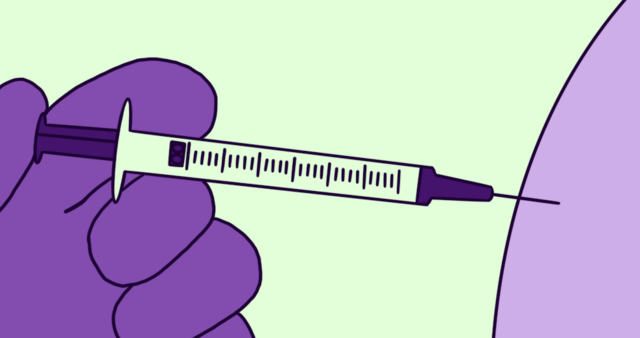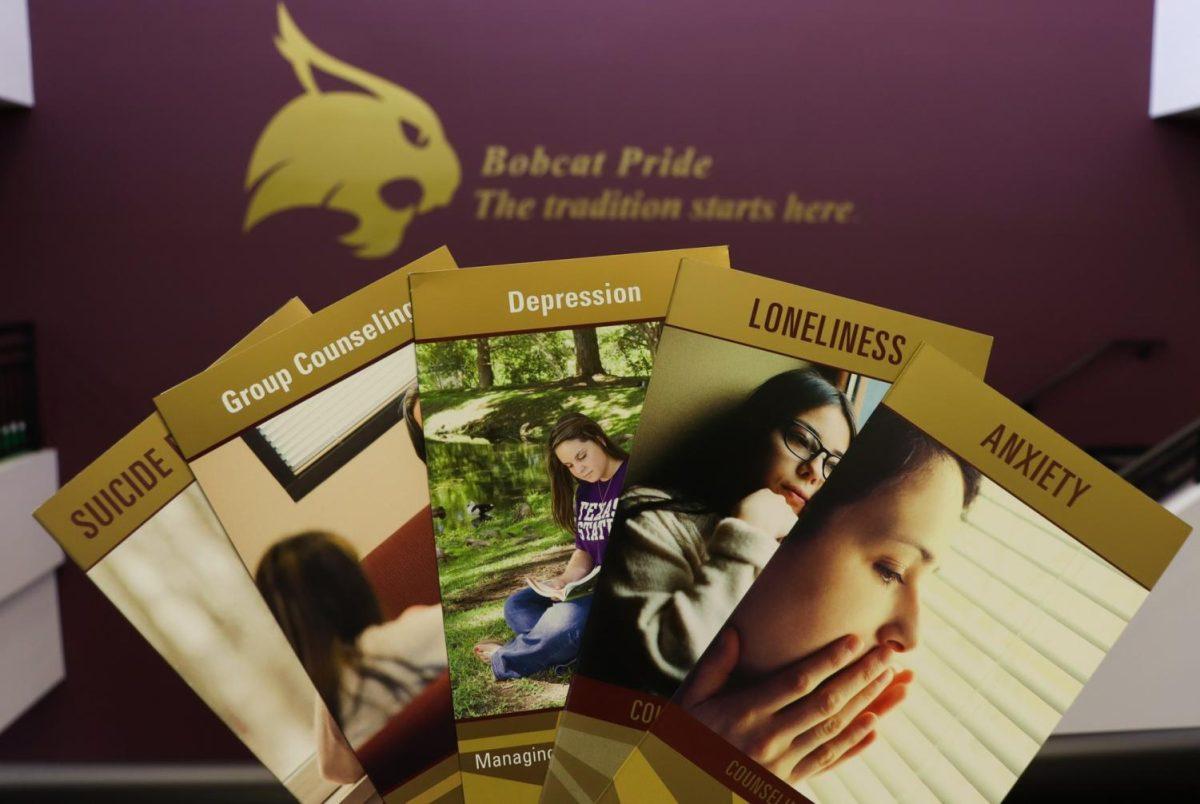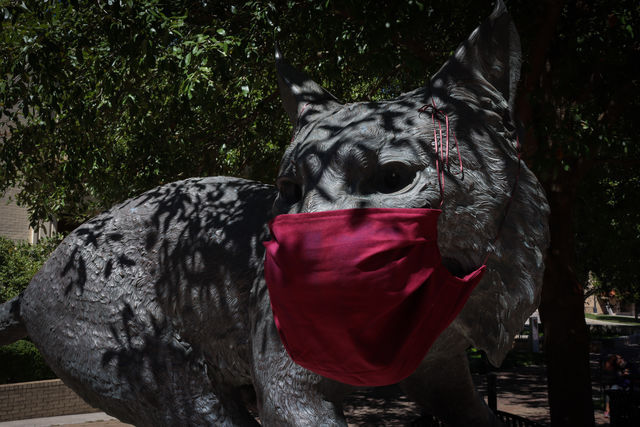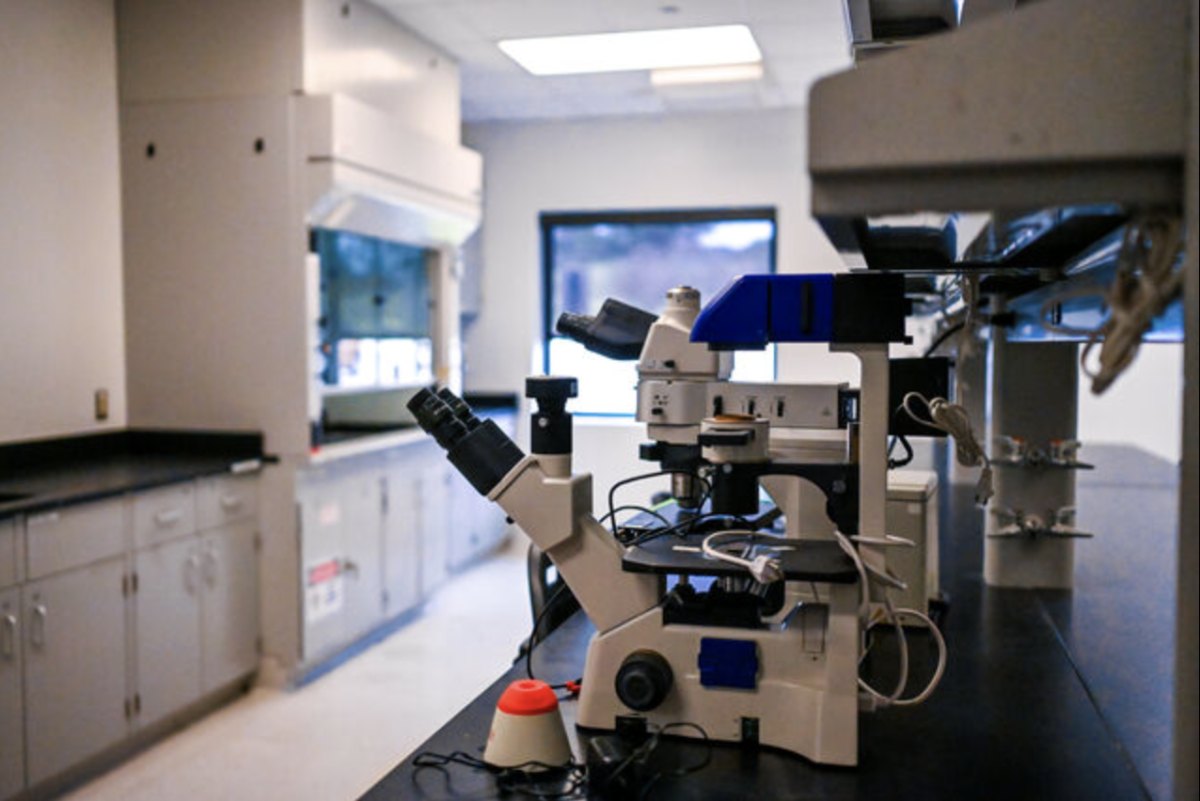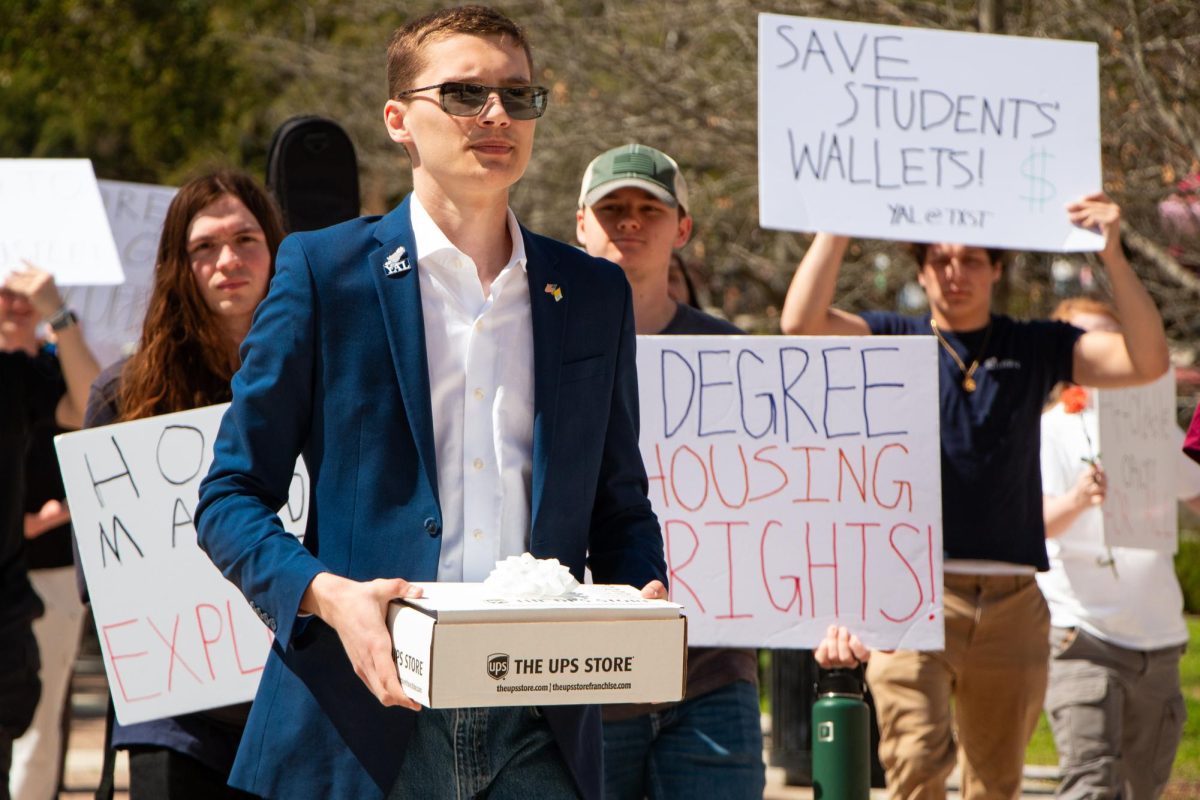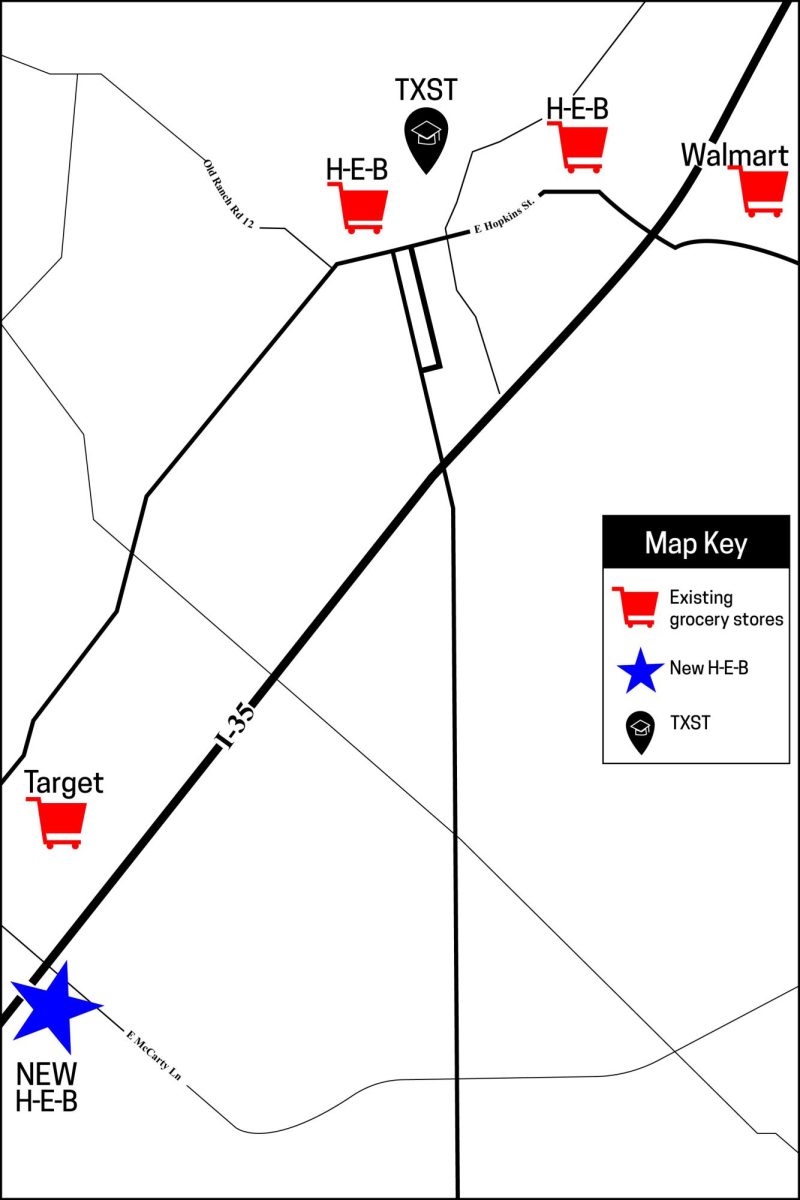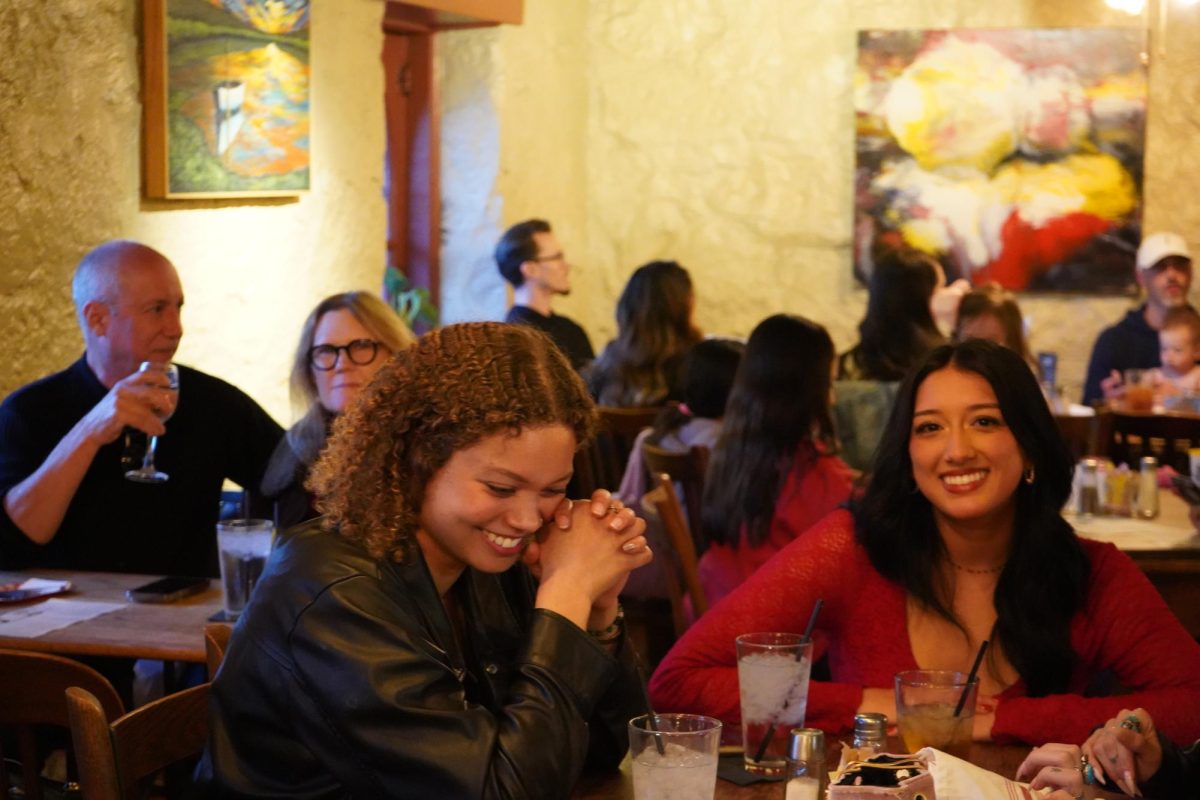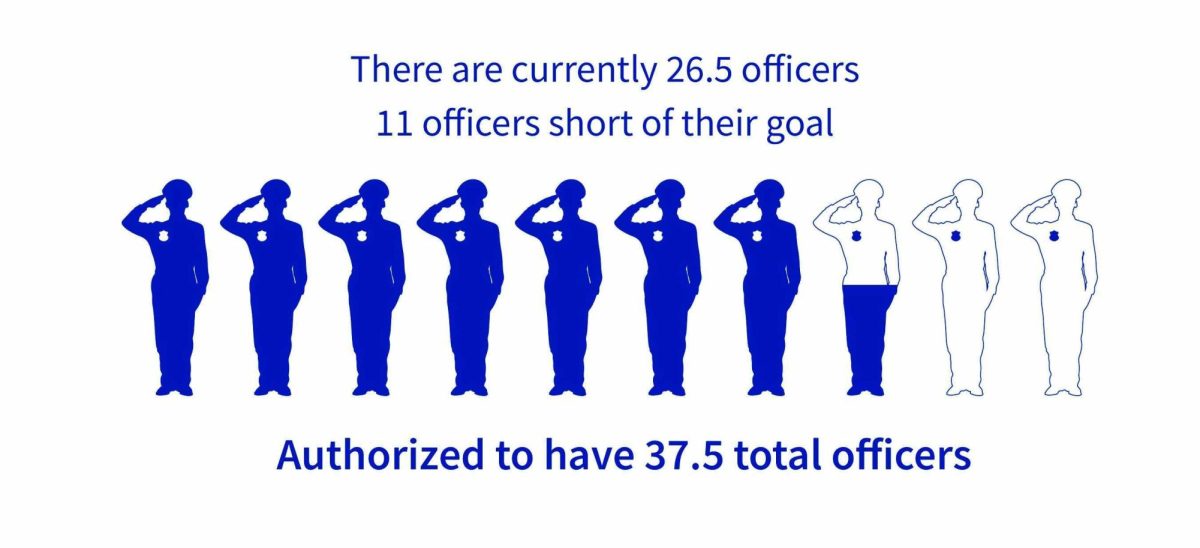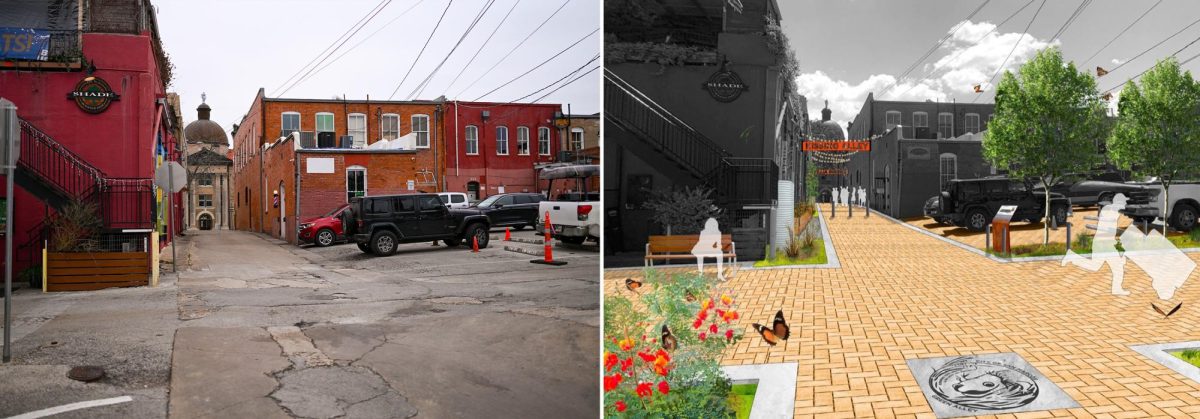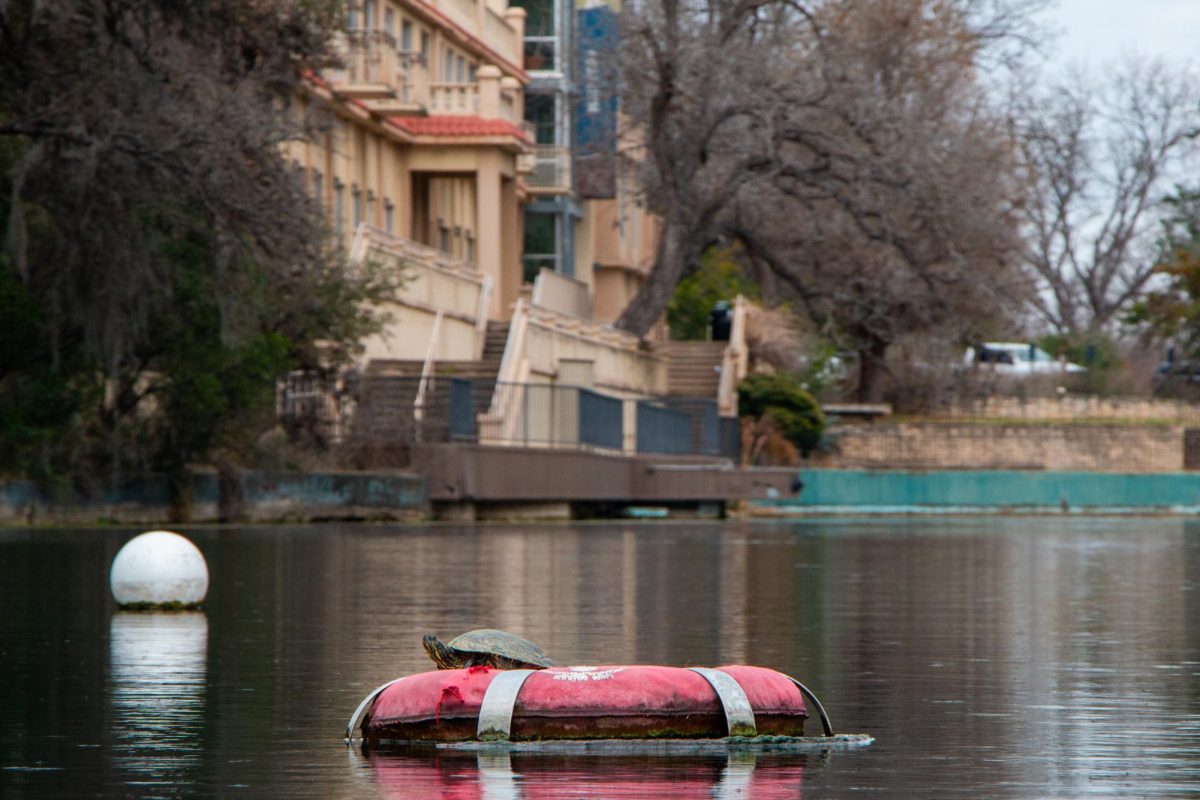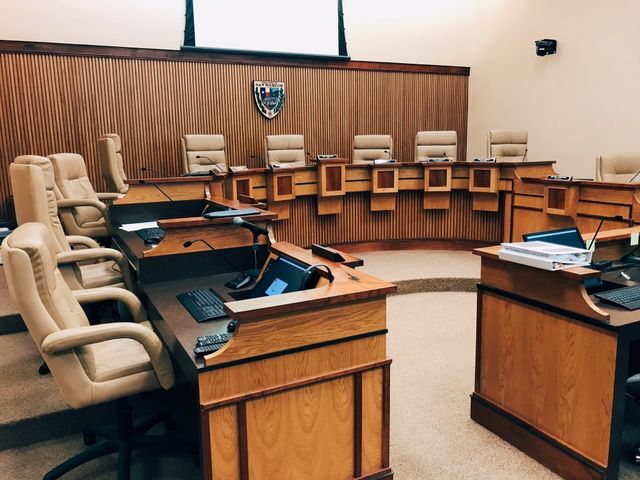As a college student who tested positive for COVID-19 this past year, Chelsey Gonzalez still remembers the mental debate of choosing whether to prioritize her health or grades.
“I was having mental breakdowns and I was trying to process [the COVID-19 diagnosis]. I always put schoolwork first, but I wanted to keep myself alive,” says Gonzalez, an English sophomore.
While she was sick, Gonzalez worried about attending classes and meeting assignment deadlines but now faces new challenges that impact her today.
“[COVID-19] has definitely affected me, physically,” Gonzalez says. “I used to be able to run like four miles in an hour. Now, I am struggling to even do one. Mentally as well, because it was kind of a shock getting back into society after my quarantine and noticing how people just were very careless. And I realized, they don’t really know how bad it can be.”
With fall semester approaching, students, faculty and staff prepare for a new academic semester — one with fewer face masks and 100% capacity classes. Even with the planned return to normalcy, the memories of social isolation, virtual learning and the loss of family members remain.
During her diagnosis, Gonzalez was relocated to a quarantined apartment in Bobcat Village where she says the university continually checked in on her well-being.
“I was really satisfied with how [Texas State] helped me because they took care of everything,” Gonzalez says.
She didn’t have a car and relied on the university to transport her to and from her dorm to her quarantined apartment. The university also provided and delivered food to her.
“When I submitted the Bobcat Trace application to register that I had COVID-19, I got no less than 10 calls that day from the Student Health Center,” Gonzalez adds. “They sent me an email available to send to all my professors if I needed extensions on things because I was in quarantine.”
For the most part, Gonzalez says her professors were understanding of her situation, despite an incident with an instructional assistant who denied an assignment extension. However, she says, the academic department for the class later apologized for not extending the deadline and removed the grade for the assignment.
The impacts of COVID-19 are not exclusive to students as university faculty have also been affected. As both a professor and parent, Ashleen Menchaca-Bagnulo’s personal life was full of activity.
“I think being a mom of young kids in the pandemic and teaching online was kind of weird,” says Menchaca-Bagnulo, an assistant political science professor. “I won’t say weird but trying to record a video in your office space while you’ve got kids outside of the room… one is upset because it’s nap time, and the other one is trying to finish her homework — I look back and I think, ‘Oh my God, how did we do that?'”
With her view as a professor, Menchaca-Bagnulo says she saw first-hand the multiple responsibilities students faced throughout the pandemic, some situations leading to financial insecurity.
“I had one student whose family was having financial trouble, so they actually took an extra job to help their family. That was huge. It did not surprise me, because a lot of my students here have been very responsible people and very family-oriented,” Menchaca-Bagnulo says.
Family is an important factor for some students at Texas State. For Grace Vitale, an exercise and sports science junior, losing her grandfather to COVID-19 complications last fall was difficult.
“The first couple of weeks after [my grandfather’s passing] happened, I didn’t want to do anything. I just wanted to be with my family. I was trying to figure out at the time if I would be able to go see him. But with school, it wouldn’t have been possible,” Vitale says.
Vitale struggled with not being able to physically see her grandfather while he was in the hospital. However, she says it was necessary to spend time with family members while grieving.
“I just missed classes, because I thought it was more important for me and my family to be together during that time,” Vitale says.
While Vitale missed classes to be with her family, she says her professors were understanding of her situation and gave her time to grieve.
This fall, the university aims to operate in a pre-pandemic format. Most classes will be held in-person at 100% capacity and the use of face masks will be optional.
“When we start the fall semester, we’re not going to have reduced room capacities. We’re not going to have limits on attendance at the athletic events, like football stadiums. We’ve tried to tell people that, by the fall, that we’re going to be back to pretty much normal operations on our campus,” says Student Health Center Director Dr. Emilio Carranco.
With fall approaching, Carranco says the university’s vaccination numbers are not as high as he would like them to be. Carranco estimates 60% of university faculty and staff and 15-20% of students have been vaccinated by the university.
Even though COVID-19 vaccines are not required to attend classes this fall, he says Texas State is considering submitting an anonymous survey to see how many within the Texas State community are vaccinated. However, nothing is confirmed.
For more information on Texas State’s COVID-19 response, visit its Roadmap website.
Categories:
Isolation, exhaustion and grief: Texas State reflects on COVID-19 impact
Josue Rodriguez, News Contributor
July 5, 2021
Students and a driver socialize on board a shuttle while it is stopped, Tuesday, Aug. 25, 2020, at the University Tower bus stop. In accordance with COVID-19 policy, passengers are wearing masks and social distancing.
0
Donate to The University Star
Your donation will support the student journalists of Texas State University. Your contribution will allow us to purchase equipment and cover our annual website hosting costs.
More to Discover


